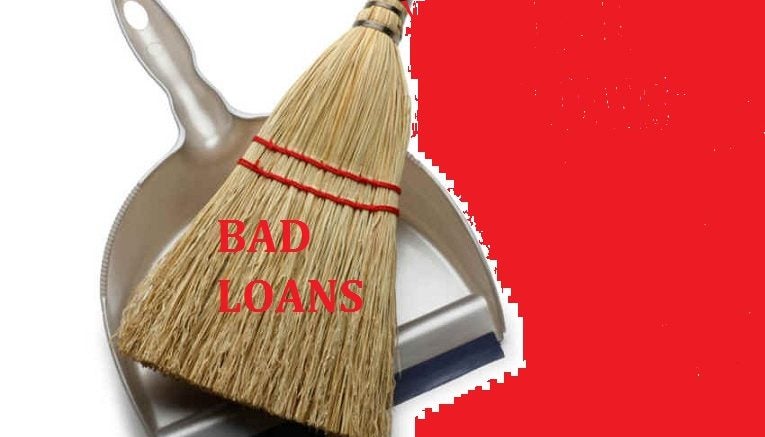
Debt-plagued Indian banks have petitioned the government to set up a bank that would buy bad loans to help lighten their load of stressed assets.
The banks’ proposal calls for the government to provide up to $2bn to set up a bank that would suction some bad loans out of a banking system that many fear is getting increasingly overwhelmed.

Access deeper industry intelligence
Experience unmatched clarity with a single platform that combines unique data, AI, and human expertise.
The Indian Banks’ Association (IBA) has drafted the proposal and sent it to the government and the Reserve Bank of India for their approval.
A “bad bank” is a company set up for the purpose of buying bad loans or non-performing assets of other banks and financial institutions that are not able to recover on their own.
Fed by the coronavirus pandemic, Indian banks’ debt piles are growing fast and expected to soon double in size barring vigorous preemptive action.
As of last September, the banks were already struggling with a bad debt load of 9.35tr Indian rupees, equivalent to about 9.1% of their total assets.

US Tariffs are shifting - will you react or anticipate?
Don’t let policy changes catch you off guard. Stay proactive with real-time data and expert analysis.
By GlobalDataAn Asset Reconstruction Company (ARCs)
Since at least 2015, the Indian banking sector has been grappling with the issue of bad loans. From that time, suggestions for a bad bank to help alleviate the problem have been frequently advanced.
The idea never gained traction for a number of reasons, including lack of capital and lack of buyers of stressed assets.
The current proposal is for the government to set up an asset reconstruction company (ARC) that would initially buy non-performing loans worth up to a total of 1 trillion rupees ($13.3 billion).
Sponsors of the renewed proposal claim that, in the absence of such a government initiative, risk aversion in the banking system could delay any relief provided to the economy via relaxed regulations for lending and increased liquidity.







